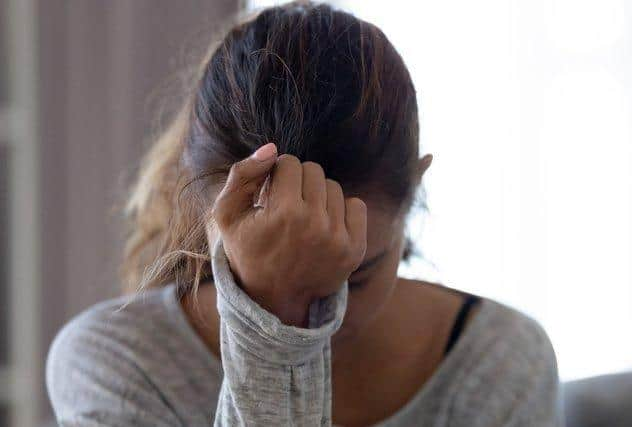New guidance issued for universities to be more proactive in preventing suicides
and live on Freeview channel 276
New recommendations include the option of involving trusted contacts such as parents or others even without agreement from the student, in situations where there are serious concerns about the person’s safety or mental health.
The guidance, published by Universities UK (UUK) in partnership with the Papyrus suicide prevention charity, is the first time a consistent practice has been proposed for the sector.
Advertisement
Hide AdAdvertisement
Hide AdUUK, which represents 140 universities in England, Scotland, Wales and Northern Ireland, said the recommendations place the student at the centre of decisions about their safety and care.


But it said that, while it is always preferable to get agreement from the student, if there are serious concerns about their safety or mental health then universities can decide to involve trusted contacts without their agreement.
It advised that those decisions should be taken by appropriately qualified staff and supported by senior leadership and made in the student’s best interests.
The guidance includes making it mandatory for students to give a trusted contact – not necessarily a parent – when they register at university, and “starting a conversation about when and how these contacts might be involved”.
Advertisement
Hide AdAdvertisement
Hide AdUUK said there should also be “check-ins” at the beginning of each new academic year for this to be updated if needed.
Universities are also being urged to review their suicide prevention plans and policies to keep students safe, working closely with NHS services.
The sister of a student who died by suicide, having not turned up for a university placement, welcomed the new recommendations as “a brilliant system”.
Isabella De George lost her brother Harrison almost two years ago.
Advertisement
Hide AdAdvertisement
Hide AdAsked if it was a system likely to have helped him, she told BBC Breakfast: “I definitely think it would’ve helped Harrison, and I think it’s a brilliant system because the fact that the student is able to control who they want it to be, whether that is a family (member) or friend or whoever, somebody that they trust I think is just fantastic.”
She said when someone is at “crisis point” they are unable to think freshly, so having a trusted contact in place already is “a safety net”.
Her brother had been studying a PGCE when he died, and had been on placement at a local college.
She said the placement had not contacted the university, the student, or the family to let them know he had not turned up that day.
Advertisement
Hide AdAdvertisement
Hide Ad“I think if the university had been able to contact us and have that information of our contact details, they would’ve been able to alert us sooner as well,” she added.
She said students can get “lost in the system” and the new approach could help young people feel reassured that “they are cared about”.
Professor Steve West, UUK president and vice-chancellor of the University of the West of England (UWE) Bristol, said universities are committed to putting students who may be in difficulty at the centre of decisions about their care – including who they want involved.
“But this commitment must be balanced with a duty to protect a student when there are serious concerns about their safety and welfare.”